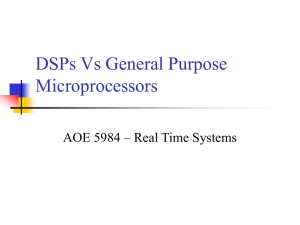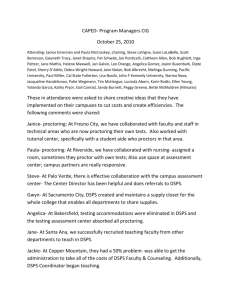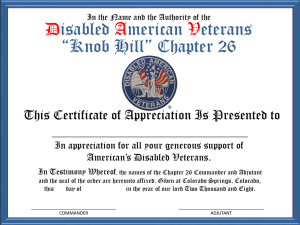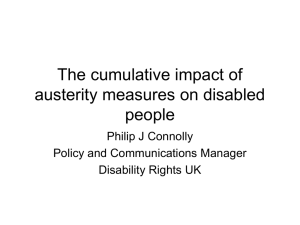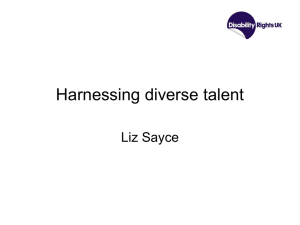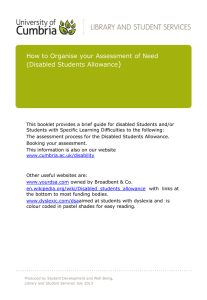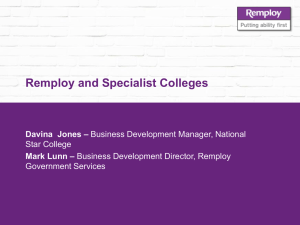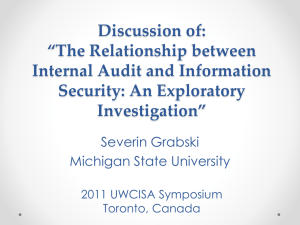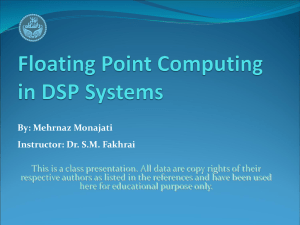New Directors Audit Slides - Galvin
advertisement
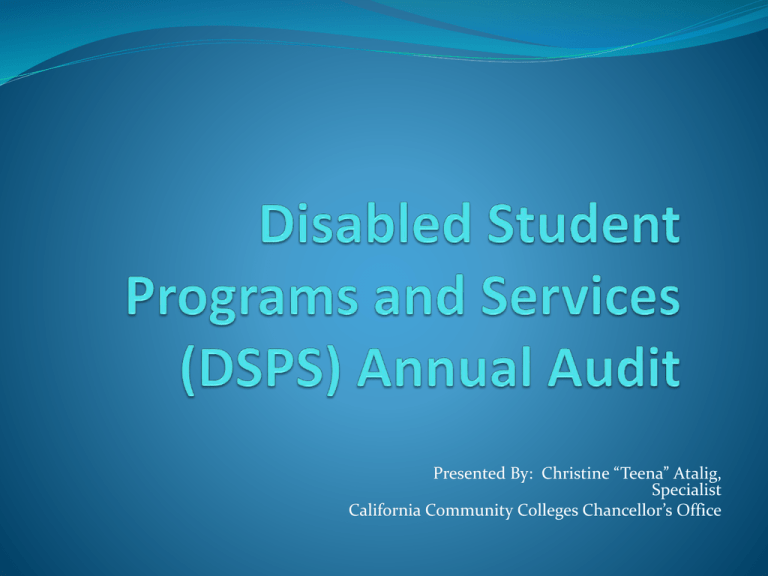
Presented By: Christine “Teena” Atalig, Specialist California Community Colleges Chancellor’s Office Audit Topics Contracted District Audit Manual (CDAM) CDAM Audit Test for DSPS What happens when a district has an audit finding? What happens when a district has a repeat finding? Contracted District Audit Manual (CDAM) Education Code Section 84040 – Requires annual audits of all community college districts by certified public accountants. District annual audit reports are due to the Chancellor’s Office by December 31 of each year. The Chancellor’s Office Fiscal Accountability staff publishes the CDAM every year to provide guidance to district auditors. 475- Disabled Student Programs and Services (DSPS) Background: Disabled community college students are those with exceptional needs who, because of a verified disability, cannot benefit from general education classes, activities, and services without specific additional DSPS program support services. The purposes of these special programs and services are to integrate the disabled student into the general college program; provide educational intervention leading to vocational preparation, transfer, or general education; and increase independence or referral of the students to community resources most appropriate to their needs. Furthermore, they are to be provided only they facilitate the student’s measurable progress towards his or her educational goals. 475- Disabled Student Programs and Services (DSPS) Background cont.: Disabled Student Programs and Services is a categorical aid program authorized under AB 77 (Chapter 275, Statutes of 1976) as amended by AB 2670 (Chapter 1407, Statutes of 1978), further modified by AB 8 (Chapter 282, Statutes 1979), and SB 1053 (Chapter 796, Statutes of 1981) and amended by AB 746 (Chapter 829, Statutes of 1987). State allocations for the program are awarded on an excess-cost basis to meet the educational needs of students with verifiable disabilities. Community college districts shall submit student-count data annually to document eligible DSPS students served. 475- Disabled Student Programs and Services (DSPS) Criteria: Education Code Sections 14020.1, 67310-67313, 7102071020.5, 84320-84328, and 84850 California Code of Regulations, title 5, sections 5600056088 475- Disabled Student Programs and Services (DSPS) Compliance Requirement: DHH Allowable Expenditures 2011-12 The Deaf and Hard of Hearing Advisory Group established the uses before the first round of funds and the system office clarified these before the first round of funding in a memo and on our web as follows: The following DHH expenditures are allowed for DHH distribution (DHH-Allowable): a) Direct Sign Language Interpreting for classroom and required classroom-related activities. b)Oral Interpreting 475- Disabled Student Programs and Services (DSPS) Compliance Requirement cont.: c) Cued Speech d) Real Time Captioning e) Video Remote Interpreting and Captioning f) Live Print Communication (eg. C-Print and Typewell, AlphaSmart, laptop, InterperType) g) Tactile Interpreting h) Interpreting during tutoring 475- Disabled Student Programs and Services (DSPS) Compliance Requirement cont.: The following is a list of common expenditures not allowed for DHH funds distribution: a) Notetakers b) Closed Captioning c) Counselor for DHH d) Instructors for DHH e) Prep Time f) Travel Time g) Non-Classroom Required Extracurricular Interpreting or Real Time Captioning h) Awards Ceremonies i) Graduation 475- Disabled Student Programs and Services (DSPS) ACCESS TO PRINT AND ELECTRONIC INFORMATION FUNDS Appropriate Use of Access to Print and Electronic Information Funding: DSPS categorical funding must comply with CCR, title 5, Article 4, Funding and Accountability, Sections 56060, 56062, 56064, 56066, 56068, 56070, 56072, 56074, and 56076. Possible uses of the Access to print and electronic information funding may be used for: 1. Assistive Technology Hardware, Software, and/or Peripheral Products for use by students with Disabilities. 475- Disabled Student Programs and Services (DSPS) ACCESS TO PRINT AND ELECTRONIC INFORMATION FUNDS cont. 2. Equipment, services, and/or associated costs related to (a) the translation of printed material into alternate format (e.g. Braille) for use by students with disabilities, (b) the conversion of printed material into accessible electronic format for use by students with disabilities, (c) the formatting of electronic information into a format compatible with the use of assistive technology applications. What happens when the district has a finding? Fiscal Accountability Staff (Teena Atalig or Tracy Britten) will review audit findings and the district’s response to the finding. District Assignments: Teena Atalig (A-Napa) and Tracy Britten (North Orange – Z) Audit Findings are forwarded to the Chancellor’s Office program specialist for follow up with the college/district on audit findings. What happens when the district has a repeat finding? Fiscal Staff will advise the Chancellor’s Office program staff to contact the college or district to identify any issues causing non-compliance. Fiscal Staff will send a letter the Chief Business Officer requesting the following information: 1. Steps planned to prevent a repeat of the finding. 2. Person responsible for implementing the change. 3. Due date for the change to be in place. 4. Status to date of the steps in place to create the change. QUESTIONS? Contact Information Christine “Teena” Atalig, Fiscal Specialist (916) 327-5772 or catalig@cccco.edu Or Tracy Britten, Fiscal Specialist (916) 323-6899 or tbritten@cccco.edu CDAM Website Address: http://extranet.cccco.edu/Divisions/FinanceFacilities/FiscalS ervicesUnit/FiscalAccountability.aspx
